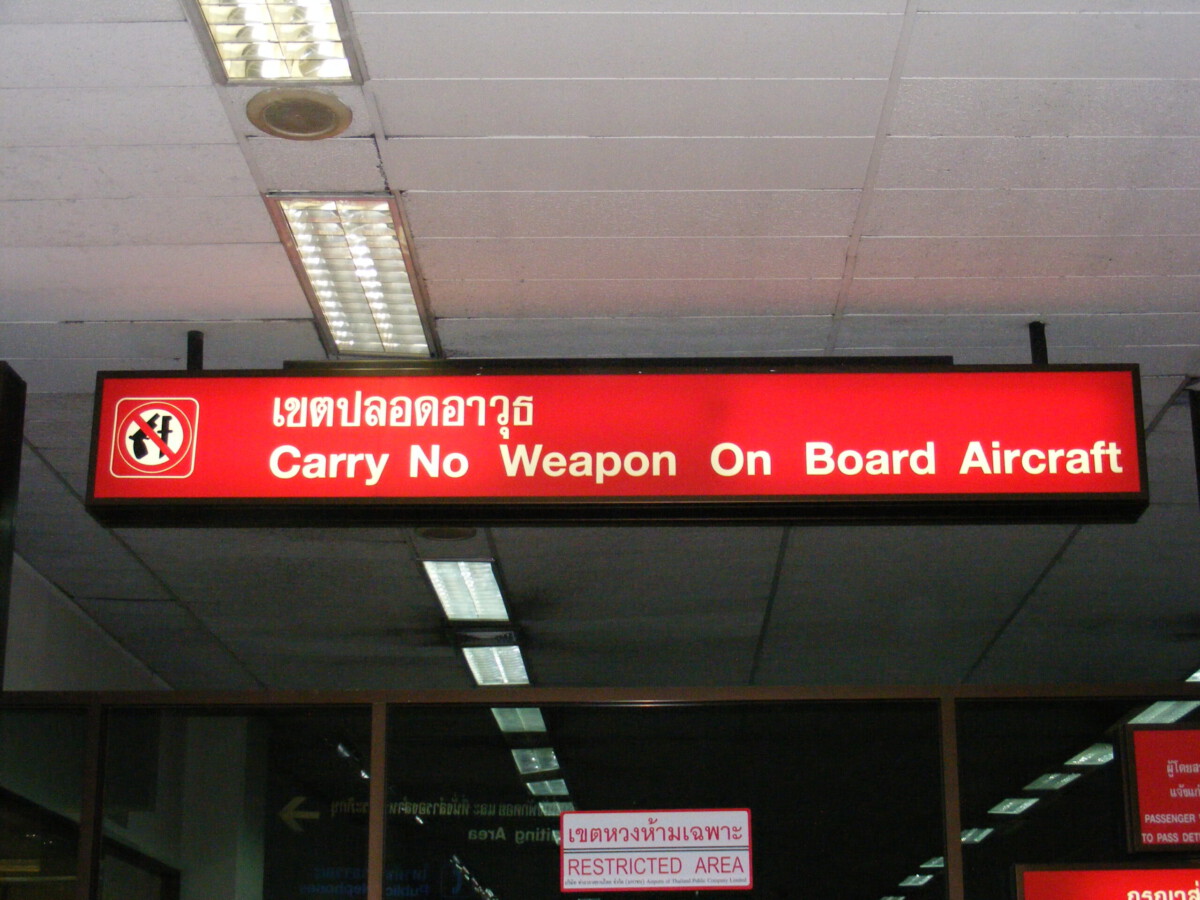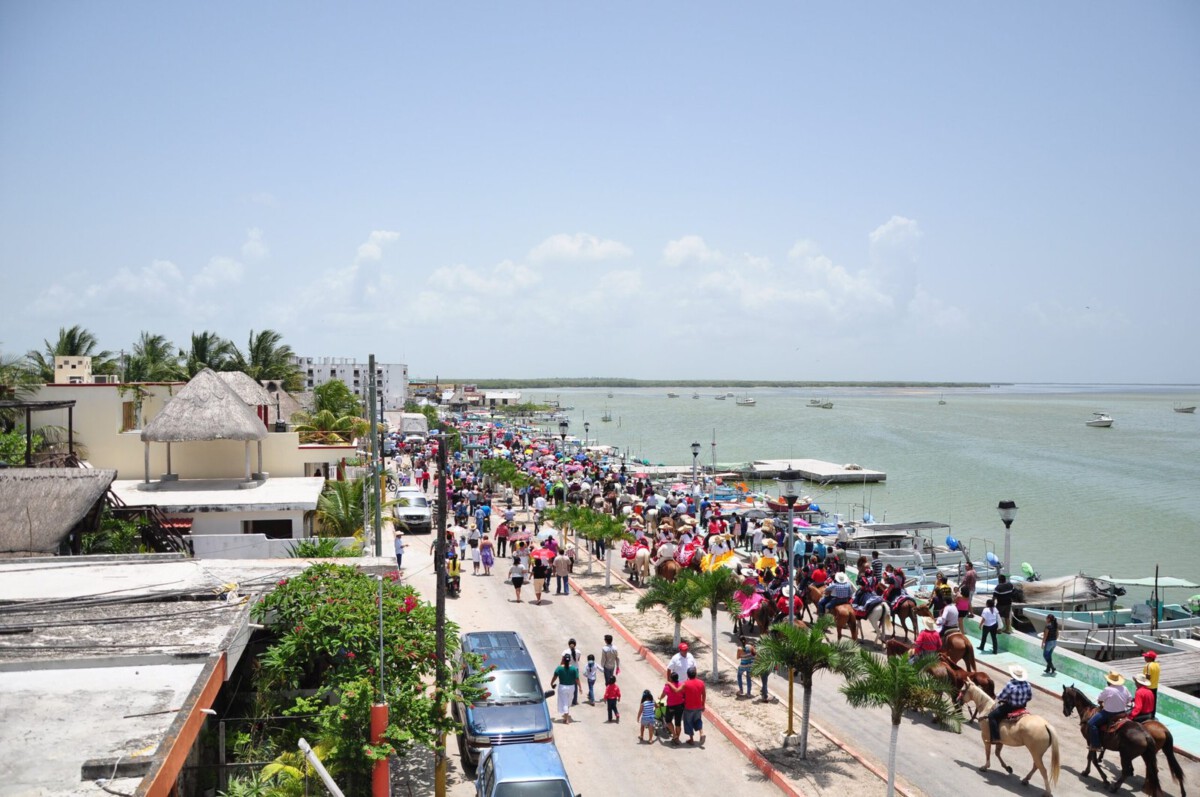“I’m Carrying Illegal Substances”

Announcing or even joking about carrying illegal drugs can instantly put you in hot water. In 2024, UNODC documented that drug-related arrests at airports and borders continue to rise, especially in countries like Singapore, the United Arab Emirates, and Indonesia, where laws are notoriously strict. Even whispering about drugs or making a sarcastic comment while waiting in line can trigger a full security search and detention. In Singapore, for example, drug trafficking is punishable by death, and even small amounts can lead to lengthy prison sentences. Airport staff and border guards are trained to take every mention of drugs seriously, regardless of the traveler’s intent. Many travelers have faced legal trouble just because they thought they were being funny or edgy. The bottom line: any comment about illegal substances, whether true or not, can turn a vacation into a nightmare.
“I’m Planning to Steal Something”

Admitting to or joking about stealing, even if it’s in jest, can be interpreted as intent to commit a crime. INTERPOL’s 2023 statistics reported a 15% jump in theft-related crimes at major tourist destinations, causing authorities to be especially vigilant. Security personnel and surveillance systems are constantly monitoring for suspicious behavior, and any verbal admission can lead to interrogation or even arrest. In countries like Italy, France, and Spain, where pickpocketing is common, local police have started treating suspicious statements more seriously. In some places, even a joke about taking a hotel towel or souvenir can get you in trouble with management or authorities. Laws around theft are strict everywhere, and intent is often enough to justify police action. It’s best to keep all jokes about stealing to yourself.
“I’m Going to Trespass”

Saying you plan to enter a private or restricted area, even as a joke, is a risky move. The European Union’s 2024 report highlighted an uptick in trespassing incidents, especially in national parks and historic sites, prompting governments to increase enforcement and penalties. In Japan, trespassing on sacred or private property is taken extremely seriously, with immediate police response in place. Some places have signs in multiple languages warning about legal consequences, including hefty fines or jail time for unauthorized entry. Even a casual remark about “sneaking in” or “exploring closed areas” can be overheard and reported. In several countries, intent to trespass is enough for authorities to detain and question you. Travelers should always respect boundaries and never joke about breaking the rules.
“I’m Carrying a Weapon”

Declaring that you have a weapon, even if you’re only joking, can rapidly escalate into a criminal investigation. The World Health Organization’s 2023 global violence report showed that weapon laws have become more rigid, especially after incidents involving tourists. In the United States and most of Europe, unlicensed possession of weapons is illegal, and simply mentioning a weapon can result in a search or arrest. Many airports and train stations have zero-tolerance policies, and even a joke about a pocketknife or pepper spray can lead to detention. Some countries, like Australia and the UK, have banned many types of weapons outright, making any statement about carrying them extremely risky. Authorities are trained to err on the side of caution, treating every mention as a possible threat. It’s always safest to keep any talk of weapons to yourself.
“I’m Going to Bribe Someone”

Bribery is a crime in almost every country, and saying you’re planning to bribe an official can have immediate legal consequences. According to Transparency International’s 2024 Corruption Perceptions Index, crackdowns on bribery are intensifying, with stricter enforcement targeting both locals and foreigners. Comments about “slipping something extra” to get out of trouble or speed up a process are often overheard, especially in airports or government offices. In nations like Germany, Canada, and Japan, even a hint of bribery can lead to immediate arrest and prosecution. Many countries have undercover agents and security staff trained to spot and report attempts at corruption. Travelers have been detained and fined just for making offhand remarks about bribery. It’s not only illegal, but it can also permanently damage your reputation and ability to travel.
“I’m Going to Spy or Take Photos of Restricted Areas”

Talking about spying or taking photos where it’s not allowed can lead to very serious trouble, including accusations of espionage. The 2023 IISS Global Security Report highlighted increased security around sensitive government and military sites, especially in countries such as Russia, China, and North Korea. Even in tourist hotspots, certain buildings, embassies, or infrastructure are off-limits for photography. Saying you want to “snap a picture” of a restricted area can result in equipment confiscation or arrest. In some cases, travelers have been detained for hours or days while authorities investigate their intentions. Many countries post clear warnings, but not all restricted zones are marked, making caution essential. It’s best to avoid any discussion about photographing or spying on sensitive locations entirely.
“I’m Smuggling Goods”

Admitting to smuggling, even as a joke, can land you in serious legal trouble. The World Customs Organization’s 2024 report noted a 10% rise in smuggling attempts, with increased scrutiny at borders and airports. Many countries use advanced scanning technology and intelligence sharing to detect illegal goods, making it risky to even mention the word “smuggling.” Offenses cover a wide range, from counterfeit handbags and electronics to wildlife products and banned foods. Customs agents are trained to treat every admission of smuggling, no matter how casual, as a red flag. Penalties can include heavy fines, confiscation, or jail time, and your travel plans may be ruined on the spot. It’s never worth making jokes or comments about smuggling, as authorities may not see the humor.
“I’m Going to Vandalize Property”

Vandalism is treated as a criminal act in almost every country, and even a joke about damaging property can have serious consequences. The UN Office on Drugs and Crime reported in 2023 that incidents of vandalism, especially in tourist-heavy areas, are on the rise, leading to more stringent penalties. In cities like Paris, Rome, and Athens, damaging historic monuments or public art can lead to massive fines and even jail sentences. Statements about “tagging,” “spray painting,” or otherwise defacing property are often overheard by security personnel or captured on surveillance. Many countries classify any intent to vandalize as a crime, making jokes or offhand remarks dangerous. Tourists have been arrested for simply possessing spray paint near landmarks. Always treat public and private property with respect and avoid making any incriminating comments.
“I’m Avoiding Taxes or Customs Duties”

Bragging about dodging taxes or customs duties can get you in trouble with border authorities. The IMF’s 2024 report on tax evasion highlighted a significant increase in the use of technology to detect undeclared goods and money. Customs officers at airports and seaports are trained to listen for travelers discussing ways to skirt the rules. Many countries have implemented facial recognition and data analytics to cross-check travelers and their declarations. Not reporting items or making jokes about it could trigger a full search and hefty penalties. In places like Australia and the United Kingdom, failing to declare goods is considered a criminal offense. It’s safest to declare everything honestly and never mention or imply you’re dodging fees.
“I’m Using Fake Documents”

Using or talking about using fake passports, visas, or identification is a crime that’s prosecuted aggressively around the world. The International Civil Aviation Organization’s 2023 report called document fraud a “top concern” for global border security, with thousands of cases detected every month. Many countries employ biometric checks, fingerprinting, and cross-border databases to spot fraudulent documents. Even a joke about having a fake ID or passport can lead to detention, questioning, and possibly refusal of entry or deportation. In the United States and throughout the European Union, penalties for document fraud include long-term bans on future travel, fines, or imprisonment. It’s vital to use only genuine documents and avoid even casual remarks about fakes.
“I’m Planning to Engage in Illegal Prostitution or Human Trafficking”

Any mention of involvement in illegal prostitution or human trafficking is a major criminal offense and a focus of international law enforcement. The UNODC’s 2024 report showed that authorities are intensifying their efforts to disrupt trafficking networks, with cross-border cooperation at an all-time high. Many countries have specialized police units monitoring airports, hotels, and border crossings for signs of trafficking. Even a casual or joking remark about “buying company” or “bringing people across borders” can trigger immediate investigation and arrest. Laws are strict, and penalties are severe, with zero tolerance for any form of participation or facilitation. Travelers have been detained simply for making careless comments online or in person. It’s critical to steer clear of any statements that could be seen as an admission or endorsement of these crimes.



